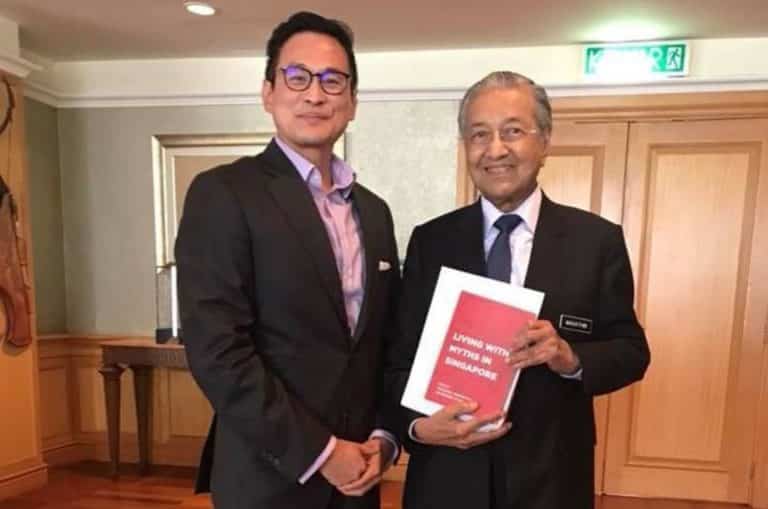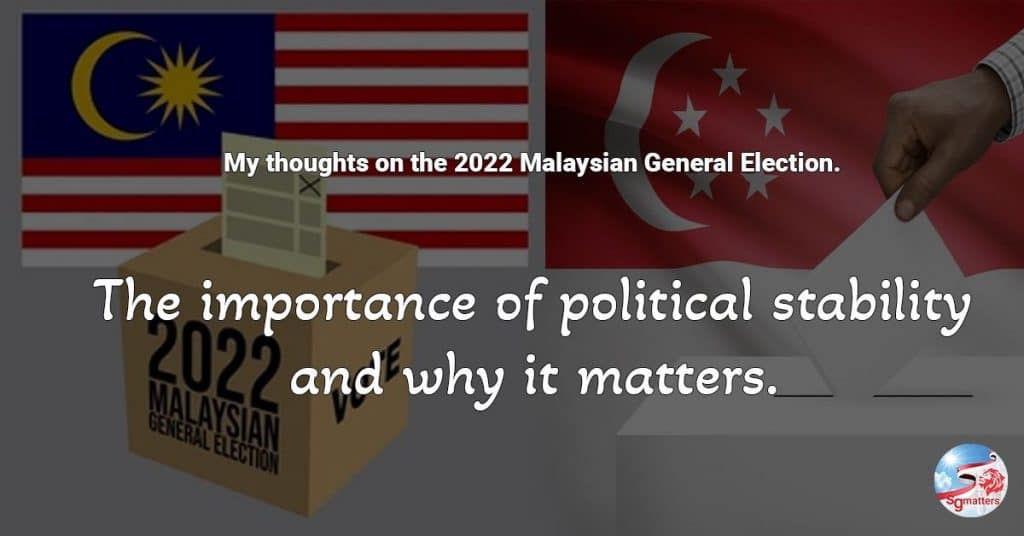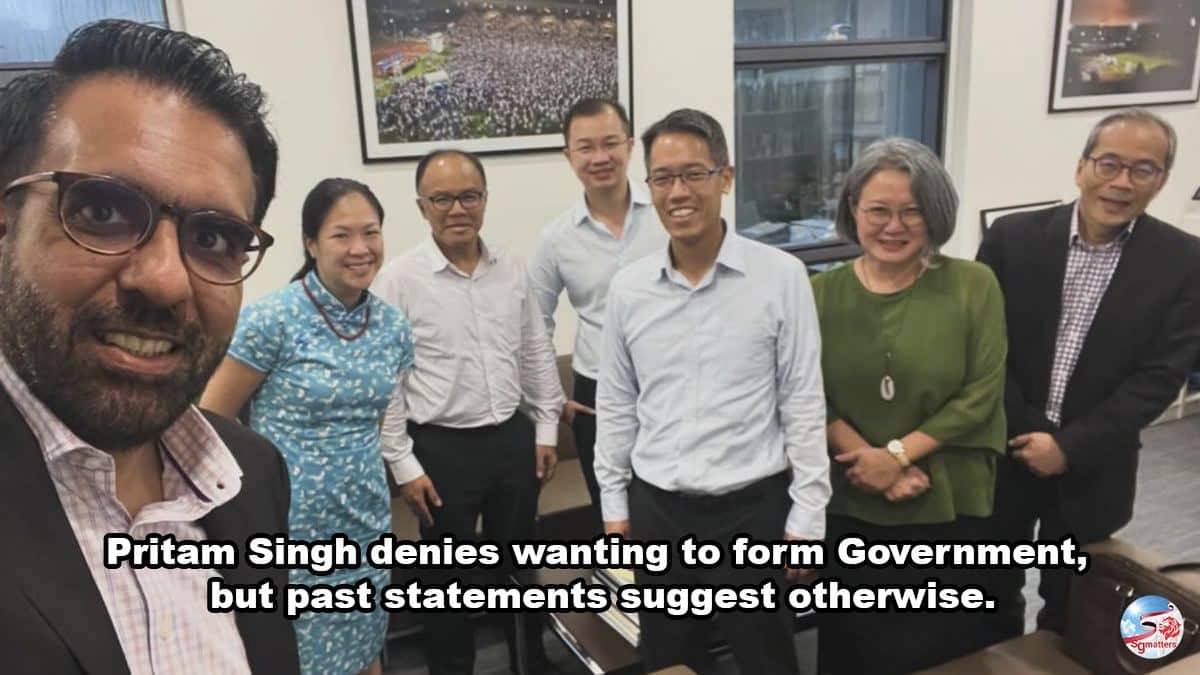Pakatan Harapan (“HARAPAN”) is known as the Alliance of Hope for Malaysia.
HARAPAN’s victory in the Malaysian general election in 2018 overthrew the 60-year-old Barisan Nasional coalition government.
In 2018, PJ Thum and friends met privately with Dr Mahathir, pleading with him to bring democracy to Singapore. PJ Thum considers Singapore to be a part of Malaya.

Dr Mahathir, however, rejected their invitation.
The Dr Mahathir-led Pakatan Harapan coalition government has yet to bring hope to Malaysians. Barely two years after its victory, it seems to have lost its power in 2020.
The recent election results days ago have also resulted in a hung parliament for the first time in Malaysian history since no party has won an absolute majority to form a government.
Political Stability
I strongly believe in the importance of political stability. If something like this were to happen in Singapore, I could not imagine our economy’s consequences and potential downfall.
Recently, a representative from the main opposition party in Singapore said in an interview that if Singapore reached the same stage as Malaysia, Singaporeans would exercise their democratic rights and trust that things would work out.
In other words, she is saying that come what may, and things will always turn out alright just because of democracy.
Such a view is naive and simplistic, and misleading.
The Perils of Political Instability and Uncertainty
Economists regard political instability as a severe malaise harmful to economic performance.
That is because it shortens policymakers’ horizons leading to suboptimal short-term macroeconomic policies.
Frequent switching of policies creates volatility. Thus, in turn, it affects macroeconomic performance.
Hence why emerging markets in Asia and Africa either attract or repel foreign investors.
What should political parties in Singapore do?
To defeat the PAP Government, opposition parties need to convince Singaporeans about how they will govern better and how their policies will improve Singaporeans’ lives and their children.
How they intend to attract foreign investment to create jobs for Singaporeans, how they plan to calibrate manpower requirements, etc.
In other words, they should lay their cards open on the table for Singaporeans to see and try to win with a clear majority to form the next government instead of telling Singaporeans that their democratic rights will take care of political instability.





